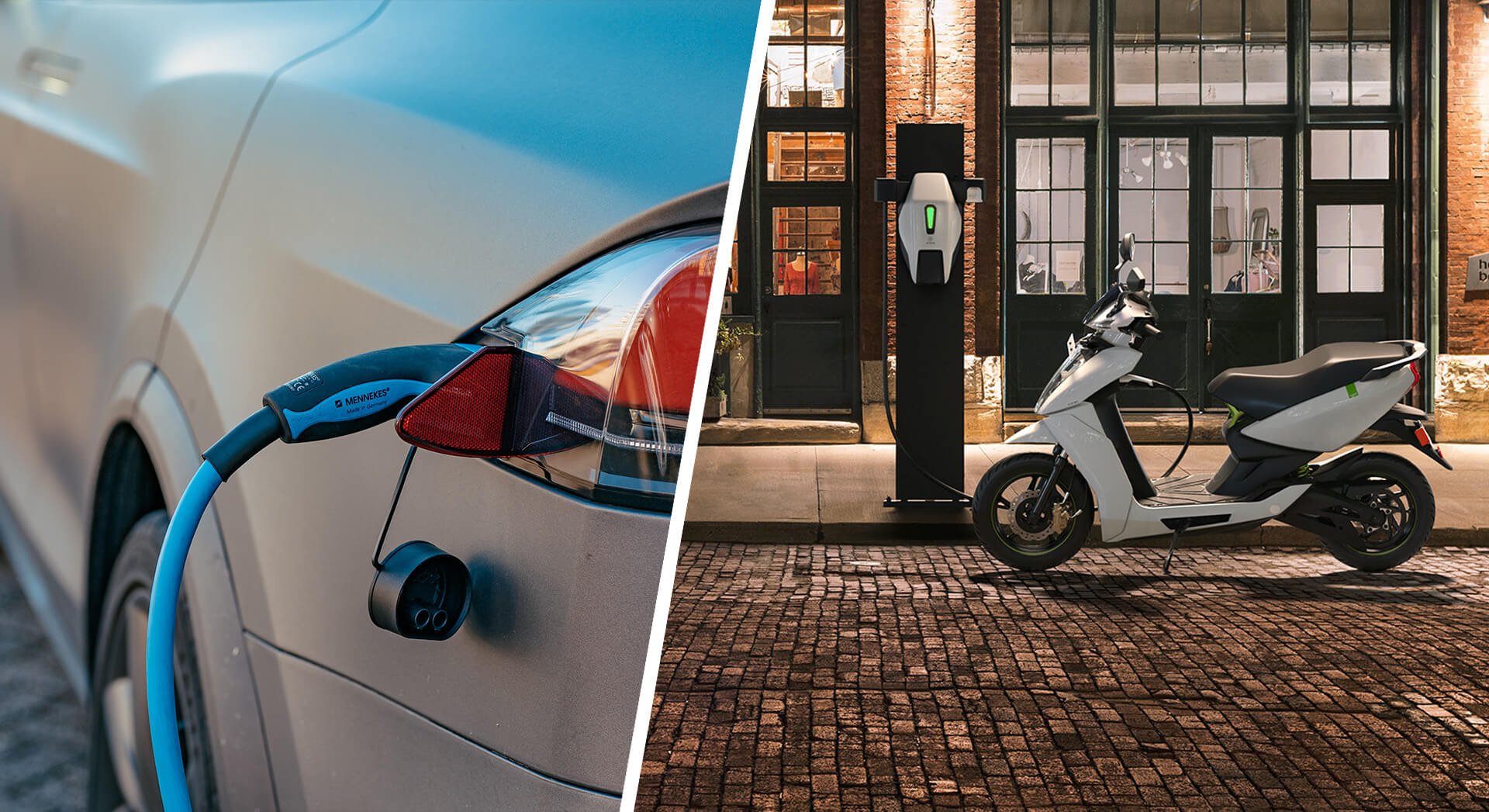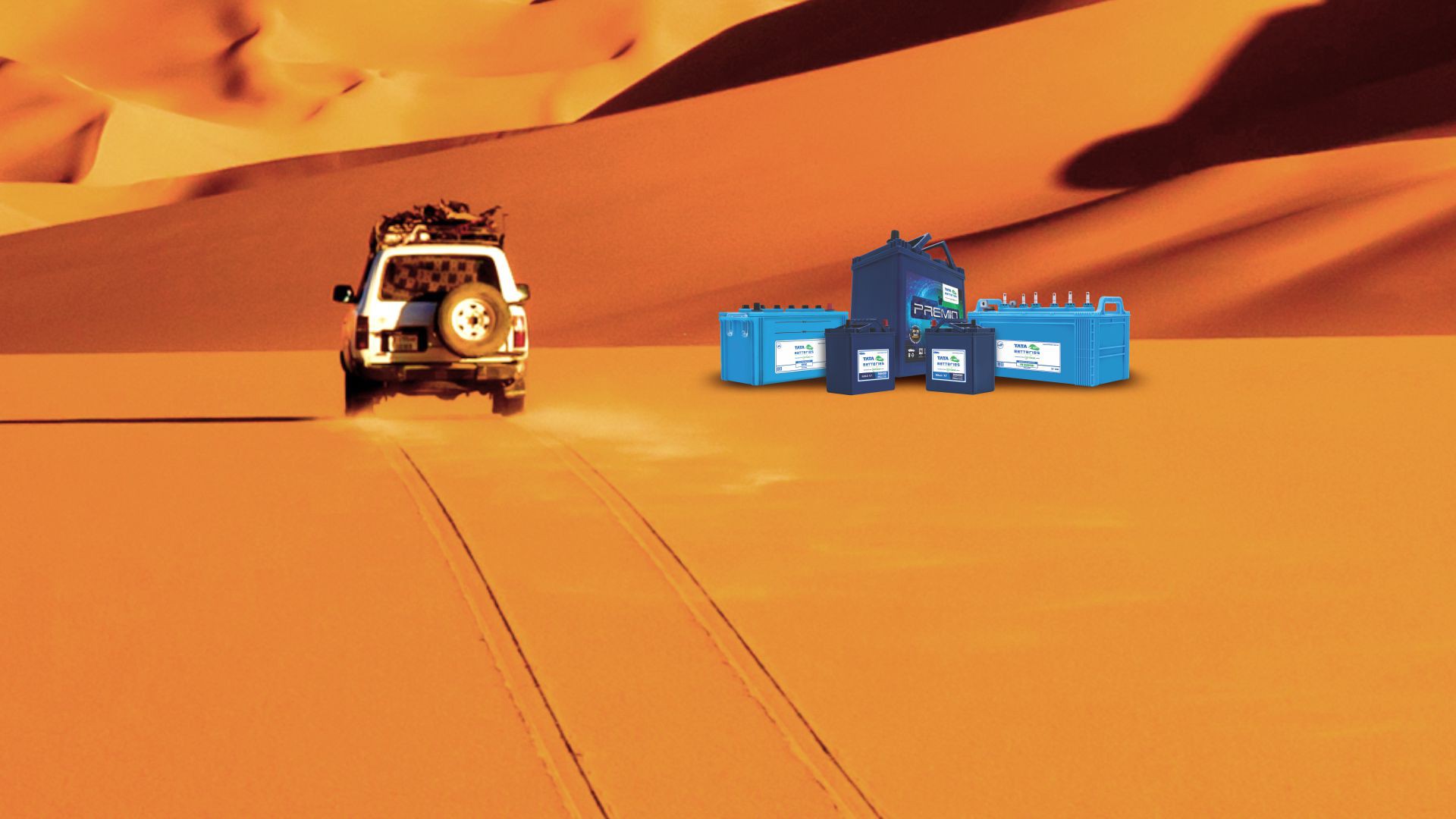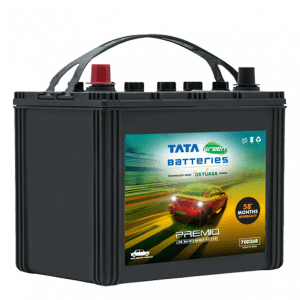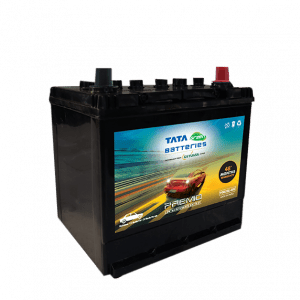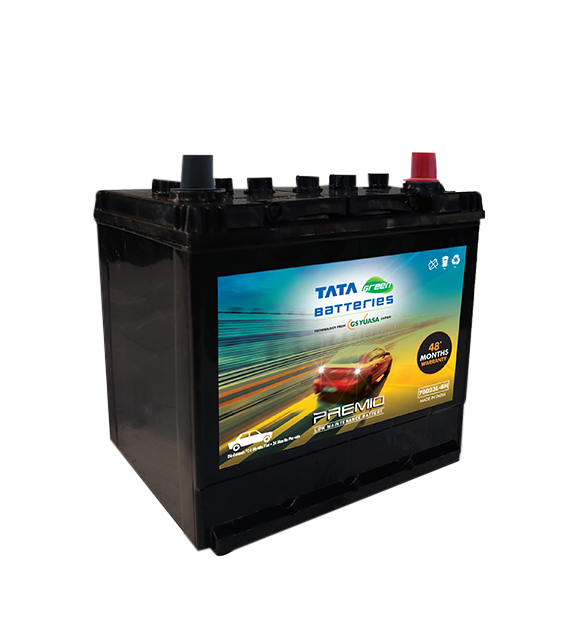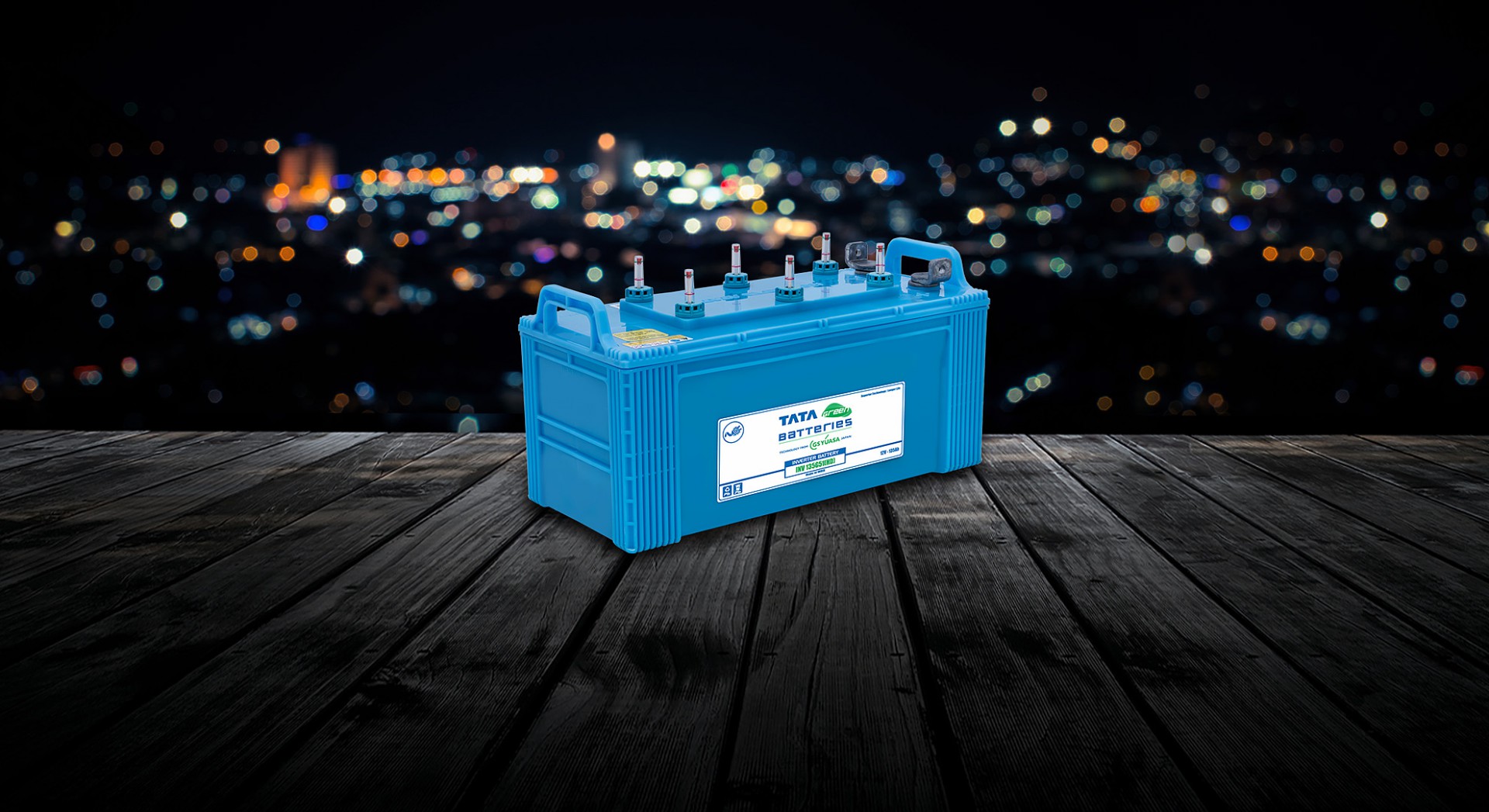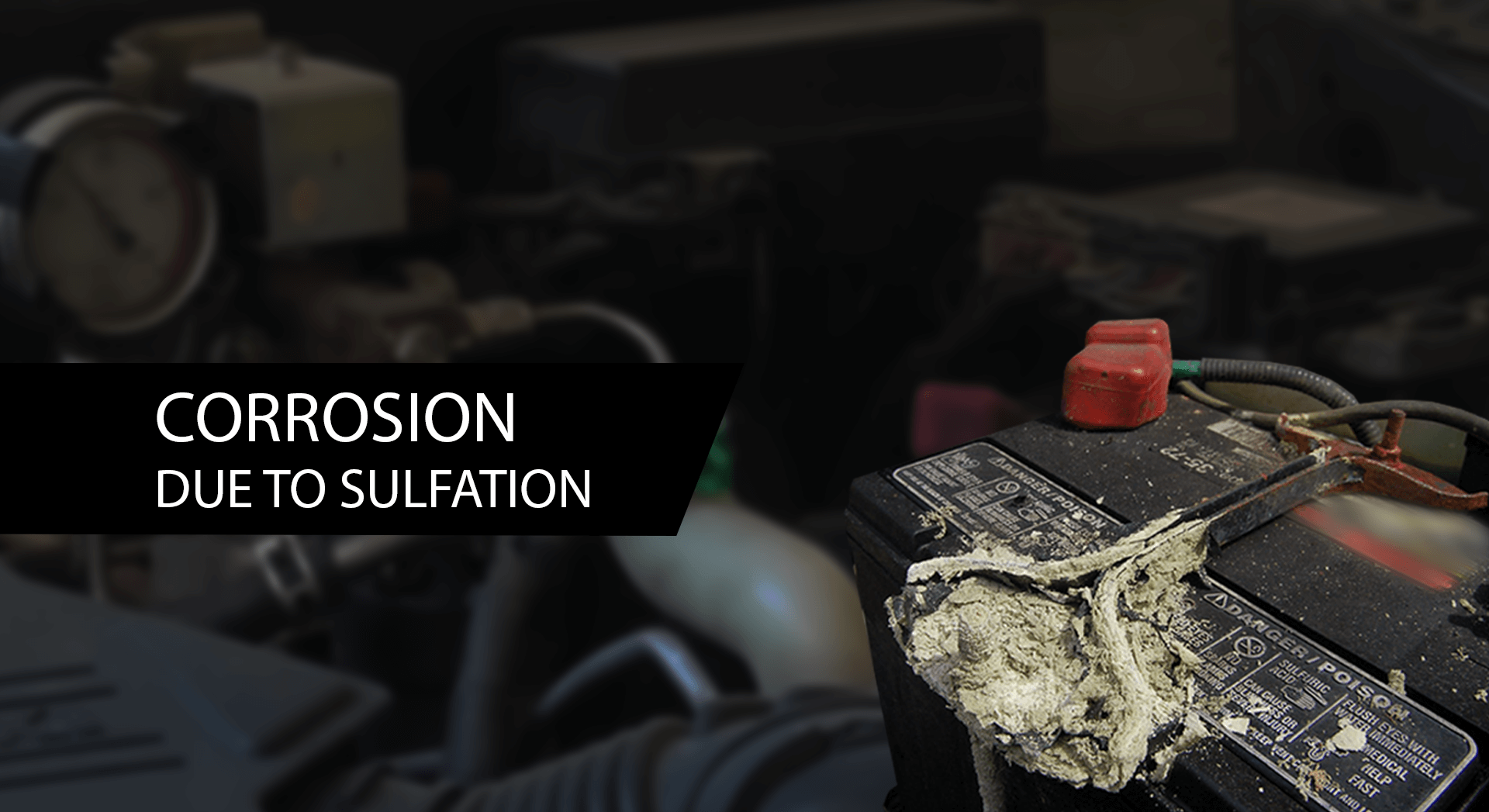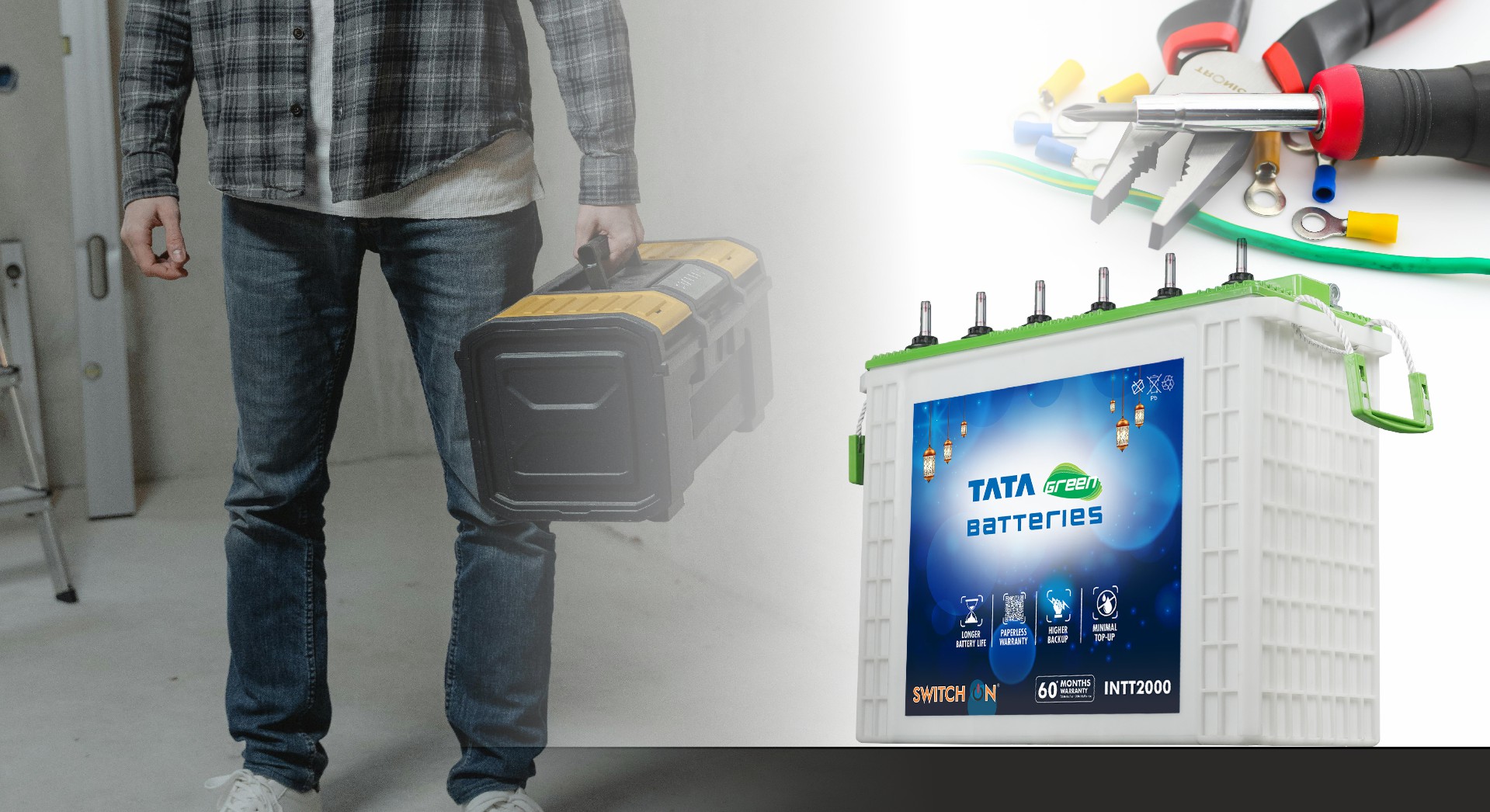Electric bikes (e-bikes) are on the brink of revolutionizing the mobility industry. With rising fuel prices and the escalating impact of climate change, electric vehicles (EVs) are emerging as a sustainable alternative to traditional transportation. Among EVs, e-bikes stand out as a practical, affordable, and eco-friendly solution. They promise not just emission-free commuting but also reduced transportation costs, smoother rides, and fewer maintenance hassles. Let’s explore how the e-bike market is evolving and what the future holds, particularly in India, one of the largest two-wheeler markets in the world.
India: The Perfect Setting for E-Bike Growth
India’s two-wheeler market is enormous, making it a fertile ground for the growth of e-bikes. In FY2021, two-wheelers accounted for a staggering 80% of all vehicle registrations in the country. However, electric two-wheelers (E2Ws) represented only a small fraction—just 0.8% of these registrations. While this number might seem modest, it signals the early stages of a transformative shift. The appeal of e-bikes lies in their ability to offer personal mobility at a minimal cost, a critical factor in a price-sensitive market like India. With urbanization and increased awareness about environmental issues, this segment is poised for significant expansion in the years ahead. Alongside the growth of the e-bike industry, the market for e-bike batteries is also set to soar, driven by advancements in technology and increasing demand.
Pollution and the Case for E-Bikes
India’s air quality crisis is a pressing concern. With 22 of the world’s 30 most polluted cities located in India, the need for clean and sustainable transportation has never been more urgent. E-bikes offer a viable solution to this problem. Compared to conventional petrol or diesel vehicles, EVs emit up to 50% less greenhouse gases (GHGs). This dramatic reduction in emissions can play a pivotal role in improving air quality, especially in densely populated urban areas. For India’s choked cities, shifting to electric mobility isn’t just an option—it’s a necessity. E-bikes, with their low operating costs and minimal environmental impact, are positioned as the ideal choice for individual commuters seeking to make a difference.
Government Support Driving E-Bike Adoption
The Indian government has been proactive in promoting electric mobility. Through initiatives like the FAME I and FAME II schemes (Faster Adoption and Manufacturing of Hybrid and Electric Vehicles), it has created a supportive ecosystem for e-bike manufacturers and consumers alike. Under FAME II, the subsidy allocation was significantly increased, nearly ten times the outlay of FAME I. This has made electric two-wheelers more affordable, helping bridge the price gap between e-bikes and their internal combustion engine (ICE) counterparts. Additionally, several state governments have introduced their own EV policies, offering further incentives such as road tax exemptions and registration fee waivers. These measures are not just encouraging e-bike adoption but also fostering innovation and investment in the sector, making it a win-win for all stakeholders.
E-Bike Sales: A Steady Climb
The e-bike market in India has been steadily growing, despite challenges like the COVID-19 pandemic. By May 2021, E2Ws accounted for a majority—around 77%—of all EVs sold under the FAME II scheme. Leading players like Hero Electric and Okinawa have been at the forefront, commanding over 50% of total sales. Other brands like Ampere, Ather, and Revolt have also made significant inroads, reflecting the increasing consumer interest in this segment. Interestingly, the high-speed (HS) E2W category has emerged as a key driver of growth. In FY2021, this segment attracted nearly 80% of the total investments in the E2W sector. While overall sales were subdued during the pandemic, factors such as rising fuel prices and declining battery costs provided a much-needed boost. With these trends expected to persist, the e-bike market is on track for a sharp upward trajectory in the coming years.
The Role of Batteries: Powering the E-Bike Revolution
The battery is at the core of every e-bike, determining its performance, range, and cost. As the e-bike market expands, so does the demand for advanced batteries. Lithium-ion batteries, though relatively new to the automotive sector, are rapidly becoming the standard for e-bikes due to their superior efficiency and longevity.
However, challenges like range anxiety and high battery replacement costs remain barriers to wider adoption. The good news is that ongoing research and development are addressing these issues. As battery technology evolves and production scales up, costs are expected to decline, making e-bikes even more accessible to the average consumer.
Projections suggest that e-bike registrations could witness a year-on-year growth of around 75%, driven by recovering demand and favourable market conditions. By FY2026, the e-bike market is expected to grow from 1.43 lakh units in FY2021 to a staggering 30 lakh units.
Looking Ahead: A Promising Future
The e-bike market is at a turning point, with immense potential for growth and innovation. Companies across the value chain, including battery manufacturers, are gearing up to meet this demand. For instance, Tata Green Batteries is actively preparing to strengthen its presence in the e-bike battery segment, ensuring it remains a key player in this rapidly evolving industry. As we look toward 2027, the e-bike market is set to reshape India’s transportation landscape. With strong government support, growing consumer awareness, and advancements in technology, e-bikes are not just a trend—they are the future of sustainable mobility. For consumers, businesses, and the environment, this shift heralds a new era of cleaner, greener, and more efficient transportation.

